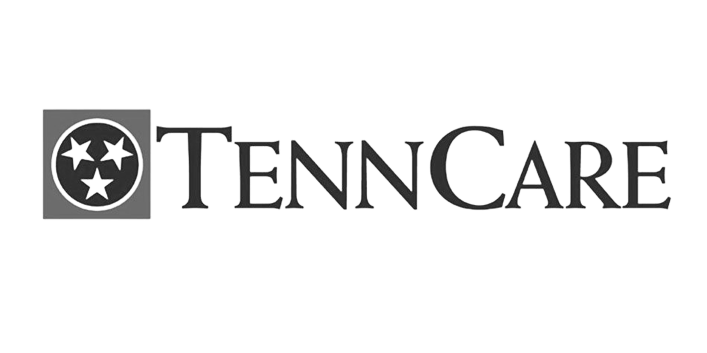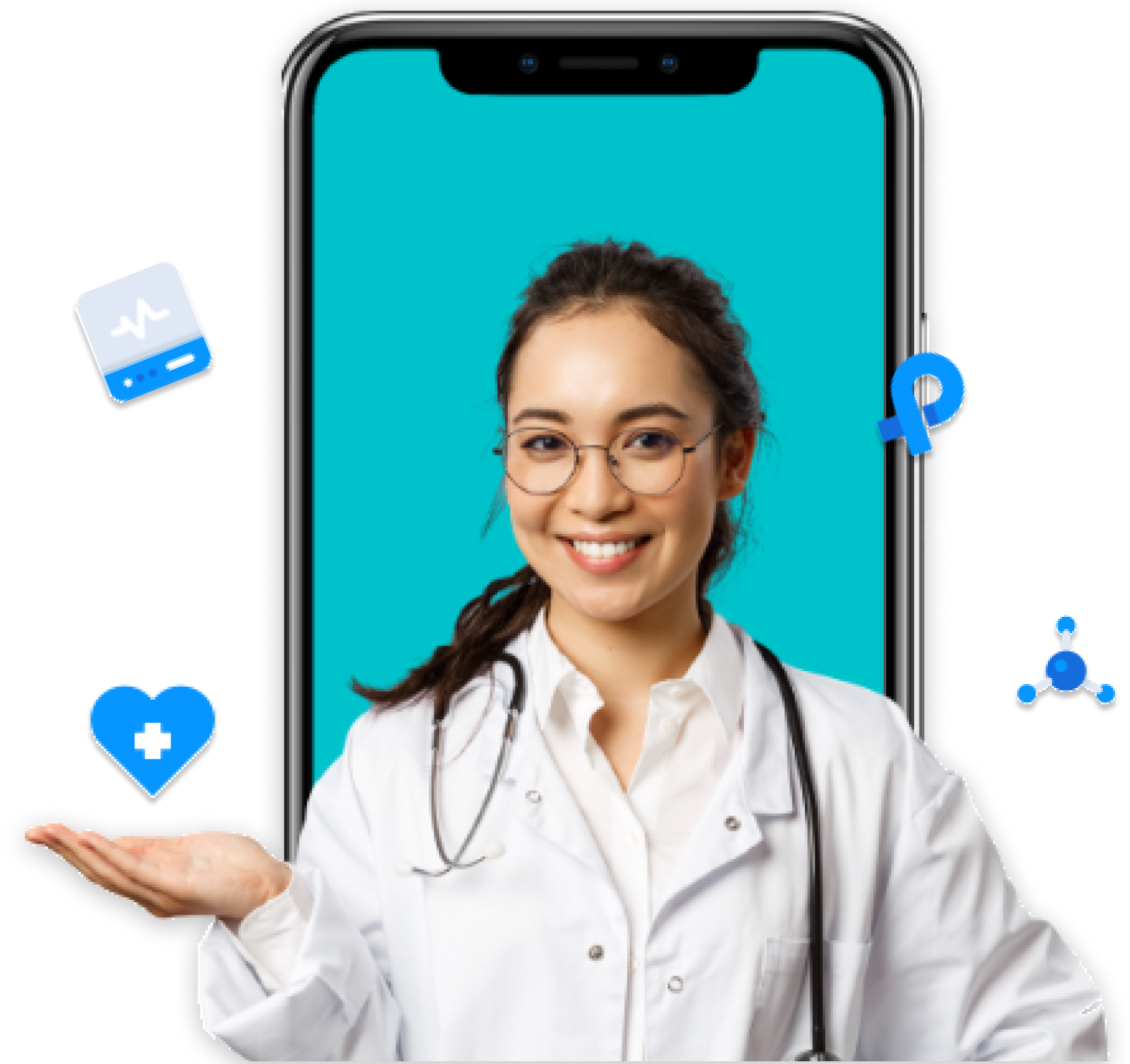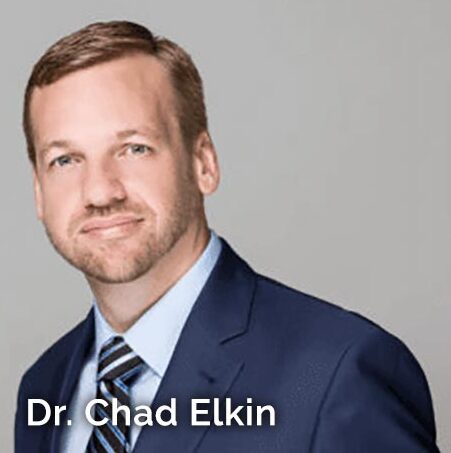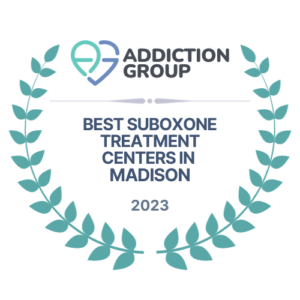suboxone Common Questions
Top Questions About Suboxone and Suboxone Treatment, Opioid Use Disorder and MAT
Here are some common questions about Suboxone that you should know.
It is important to understand Suboxone and other medications used to treat opioid addiction. Opioid addiction is a serious and life-threatening condition that requires careful management and treatment.
People can make educated decisions about their treatment options and comprehend the advantages and disadvantages of these prescription medications by understanding Suboxone and other drugs used to treat opioid addiction.
What is Opioid?
Opioids are narcotics that are addictive and are related to heroin and opium. Morphine, oxycontin, dilaudid, demerol, codeine, hydrocodone/lortab, oxycodone/percocet, vicodin, codeine, and methadone are examples of prescription medications that fall into this category. Suboxone is also an opioid, but it only partially activates the receptor, whereas the others are fully activated.
Why is opioid used for addiction treatment?
Many family members wonder why Suboxone is used to treat opioid addiction since it belongs to the same family as heroin. Suboxone is not "just a substitute". It blocks opioid sites in the body, preventing any reaction to opioid taken while reducing opioid cravings.
Studies have shown that Suboxone reduces the risk of relapse. The "damage" associated with suboxone indicated a reduced risk of incarceration, improved social and family functioning, and decreased infection (HIV/hepatitis C).
What is Suboxone?
Suboxone (buprenorphine and naloxone) is an FDA-approved prescription medicine used to treat opioid addiction as part of medication-assisted treatment (MAT) that also includes the combination of Suboxone medication with counseling and behavioral therapy.
What is Suboxone Treatment?
Suboxone treatment is often part of a larger addiction treatment strategy that includes prescription medication, counseling, therapy, and support services to identify the underlying issues that lead to an individual's addiction.
Suboxone treatment, also known as medication-assisted treatment (MAT), is a comprehensive strategy to assisting those battling with opioid addiction, such as heroin or prescription drugs, in overcoming their addiction.
Is Suboxone Addictive?
Like all opioids, Suboxone can be addictive if abused or taken in high dose. However, if taken as prescribed and under the supervision of a healthcare provider, the risk of dependence is lower.
It is important to follow your doctor's instructions and take your medicines as directed.
Can Suboxone Cause Overdose?
In large doses, Suboxone does not suppress breathing to the point of death in the same way that heroin, methadone, and pain medications do.
These qualities make it safer to use outside the strict confines of a methadone clinic. After stabilization, most
patients are able to self-manage Suboxone for up to four weeks at a time.
Is Suboxone the same as Methadone?
Suboxone is not equivalent to maintenance strength of methadone. In order to try Suboxone without going into major withdrawal, a methadone patient would have to taper down to 30mg or less of methadone.
Is Addiction a chronic disease?
Yes, addiction is a chronic disease. It changes the brain, making a person more impulsively prone to relapse.
It may take years pf abstinence from heroin for the brain to return to normal.
Just like diabetes, or high blood pressure. If the patient's diabetes or blood pressure is under control, is the medication stopped?
No, if they succeed, they will continue. Studies have shown that the longer patients take Suboxone and stay away from illicit drugs, the less likely they are to relapse.
Is Suboxone covered by Insurance?
Many health insurance companies cover the cost of Suboxone therapy or medication-assisted treatment (MAT) for opioid addiction.
The degree of coverage and particular restrictions may vary based on your insurance plan, your location, and the facility or provider that you choose for your treatment.
Outpatient Suboxone Treatment Program
TN residents seeking online Suboxone Clinic services: National Addiction Specialists can help. Our clinic is in-network with TennCare (Medicaid) insurance plans and offers an affordable treatment plan. We also have a cash payment option. Contact us to start your path to recovery today.






















Got Questions to Ask? We are here to assist you!


The Road to Opioid Addiction Recovery is here. Book Free assessment to check whether Suboxone is right for you









